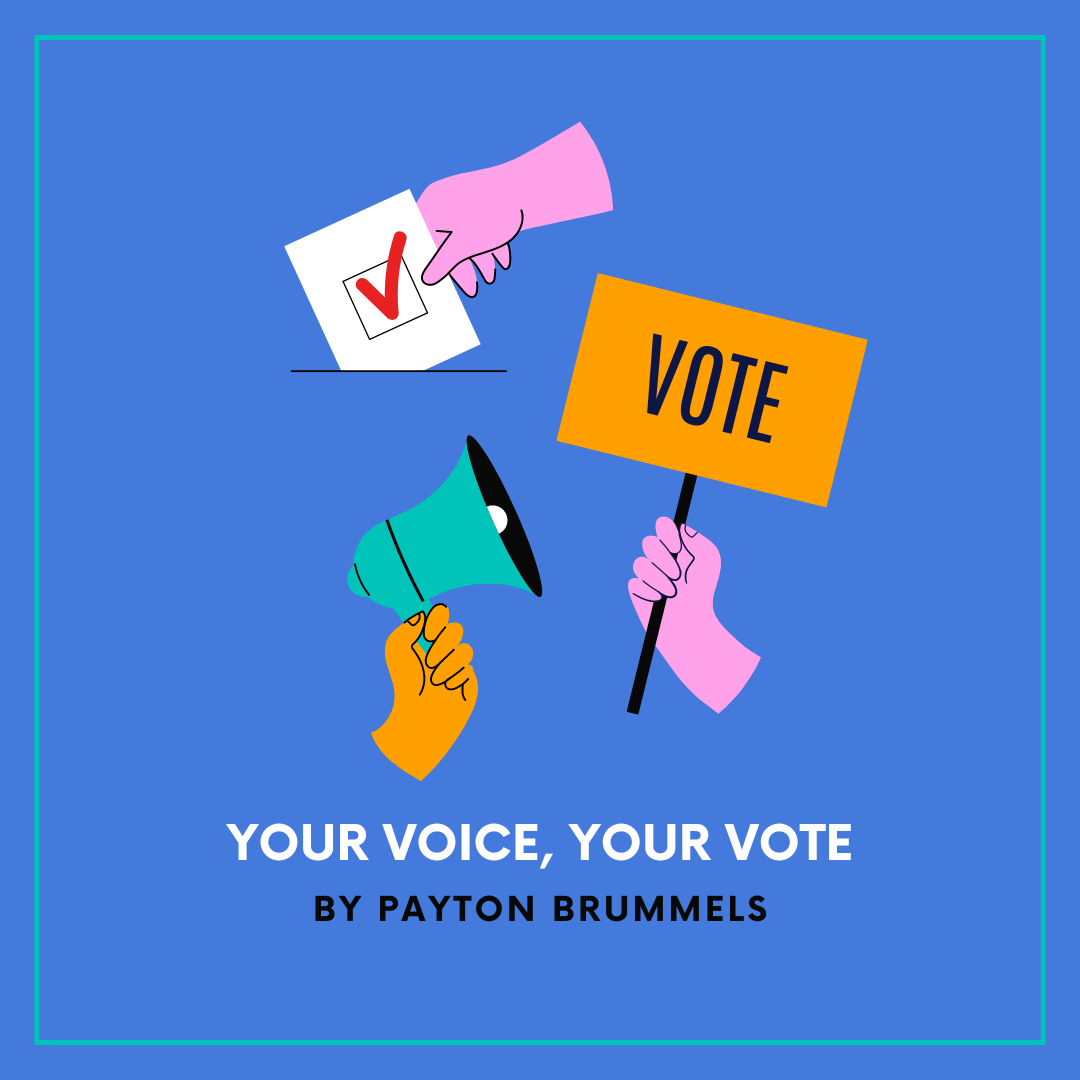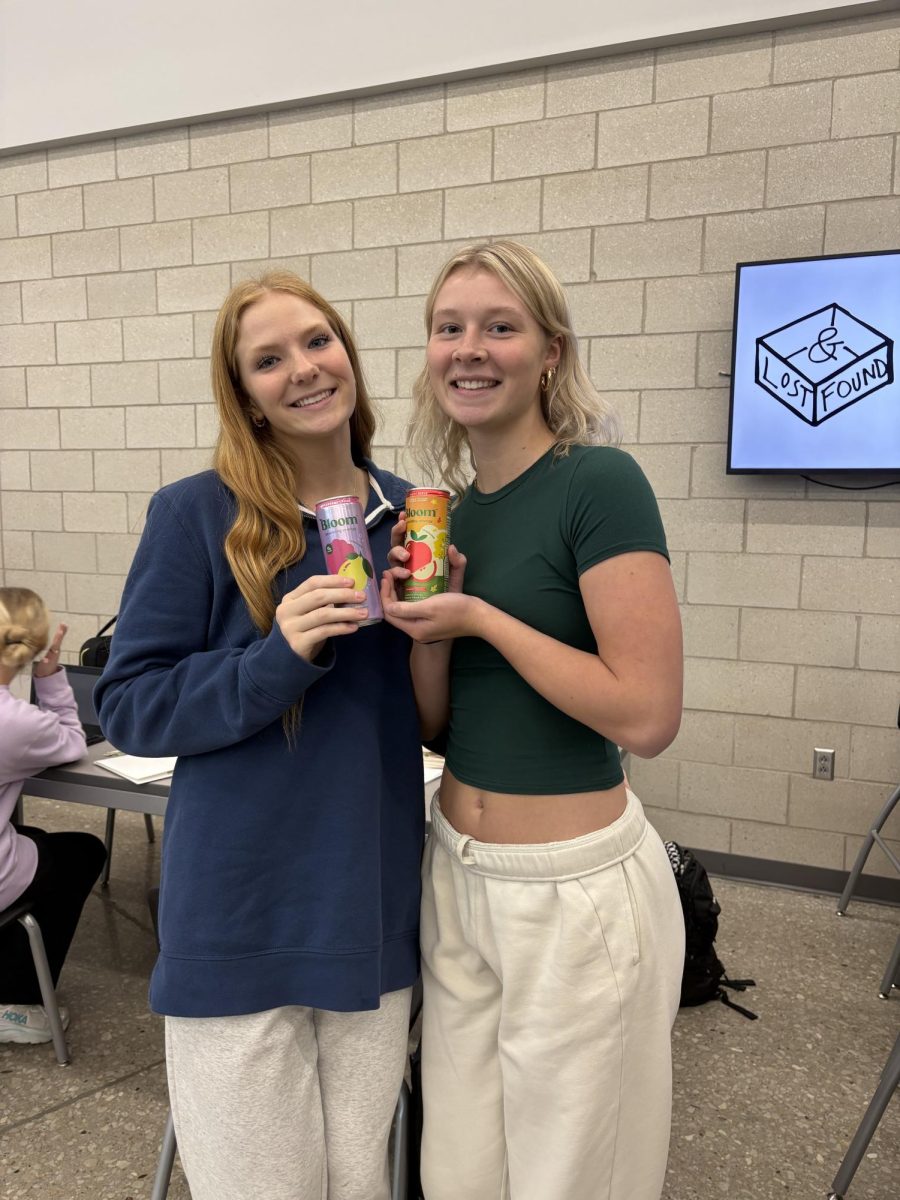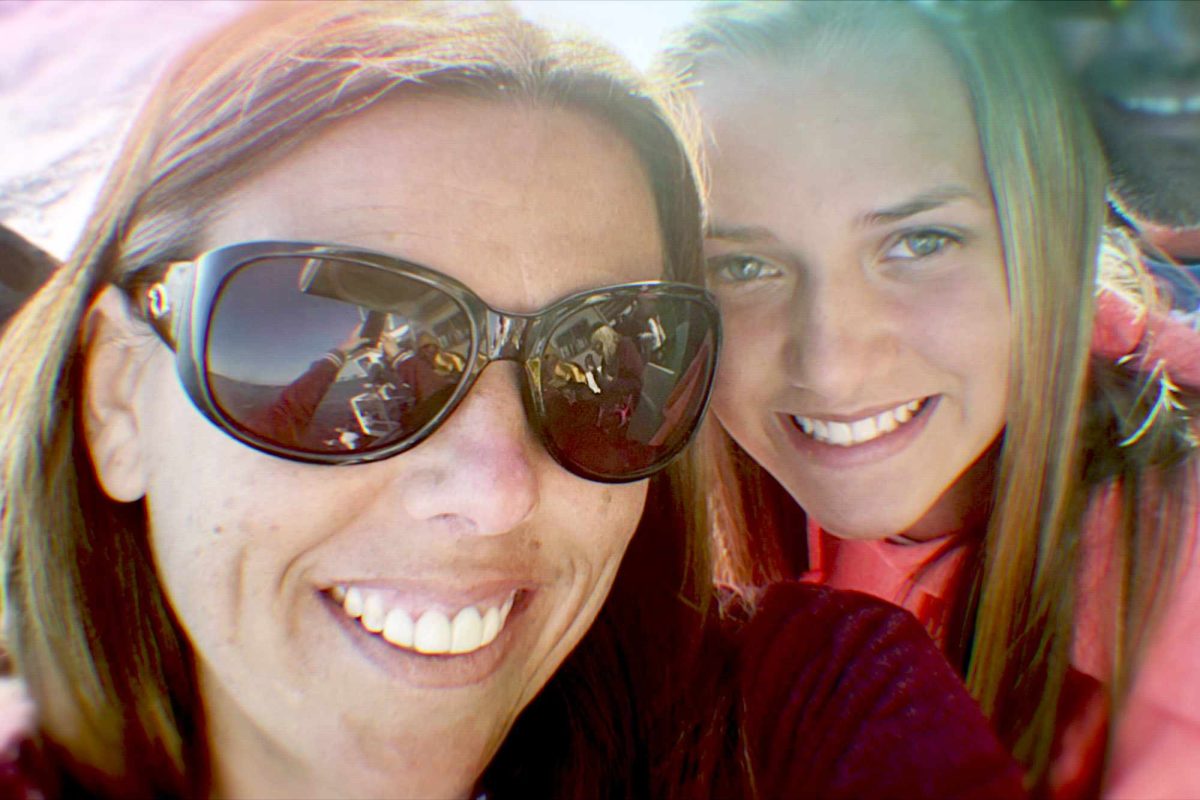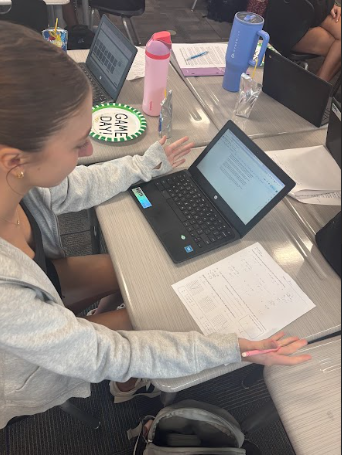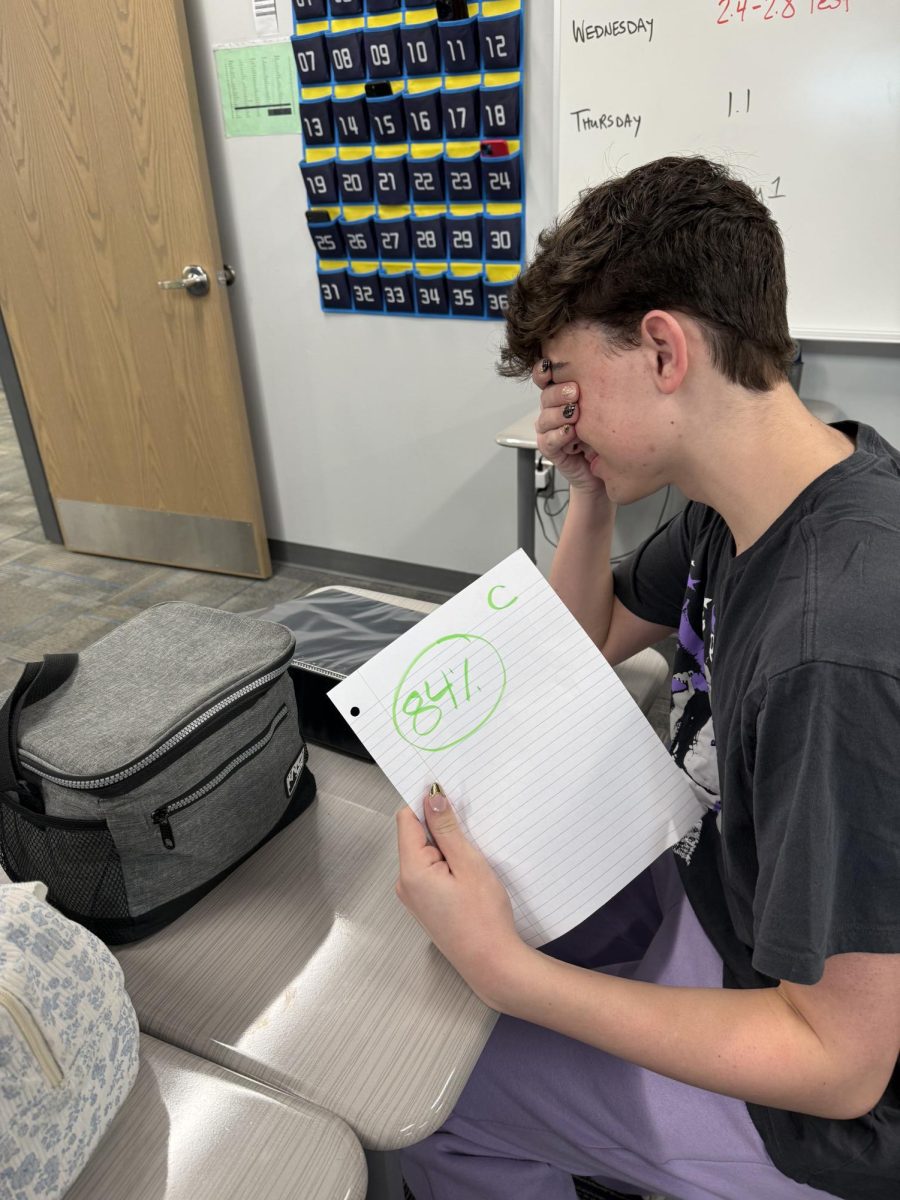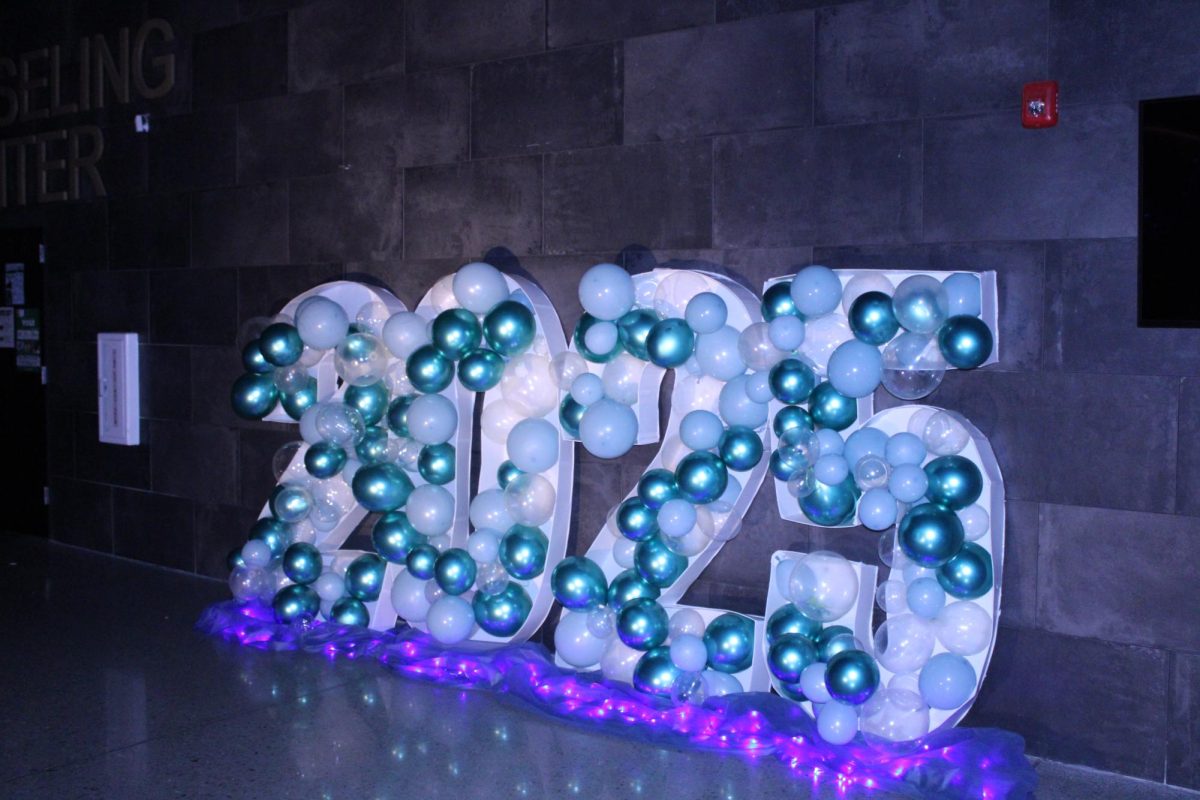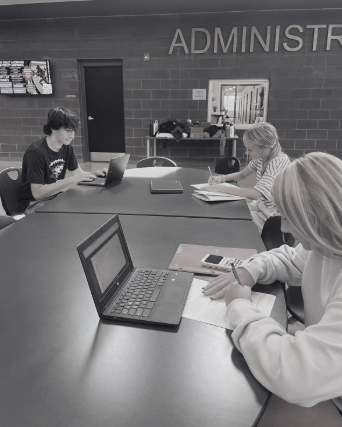Politics are not often discussed in school, but last year Elkhorn North encouraged students to vote as registration was provided during school lunch. Students who register can view their polling location at any time, and the simple process has increased participation.
Nebraska’s unique voting system can deter students and adults from voting, and many are not aware of how Nebraska’s voting system can affect their vote.
Nebraska and Maine are the only two states in the US that have a system where they can split their electoral college votes. Nebraska has three legislative districts; Elkhorn is located in District 2 which consists of Douglas County and part of Sarpy County. District one includes Lincoln and District 3 is most of Western Nebraska.
Other states take all the votes, and the majority win goes to one candidate who receives all electoral votes for that state. Nebraska differs, as the vote can be split if the districts have different results. This allows Nebraska to cast multiple votes, sometimes for multiple parties.
Historically, Nebraska has been a Red State and has usually voted Republican, but in 2008, 2016, and 2020, one vote of Nebraska’s three was given to the Democrat, highlighting the flexibility in Nebraska’s unique voting system.
“I think the difference makes Nebraskan’s feel like their vote is more important,” Social Studies teacher Melissa Peterson said.
Some students actively engage in politics through watching the news, reading articles, and taking classes like Current Problems and AP Government and Politics. The recent Presidential debate has been a “hot topic” in political discussions, and those who watched the debate believe whichever side they support won.
“Watching the debate made it clear that whoever people think they are already voting for, they are going to vote for,” senior Ava Kloster said. “Everyone watching already knows the political party’s platforms, so it wasn’t changing anyone’s mind.”
The political opinion of high schoolers is formed through different circumstances. While home life and parents are major contributing factors, some students stray from their parent’s beliefs and take responsibility for their political choices.
“My political opinion formed through my connection with the world,” senior Audrey Hesman said. “I work long hours, and with 60-hour weeks, economics has formed my opinion.”
With varying views, politics is not always an easy discussion topic. Often avoided in school and amongst friends, the power of voting can become lost in the fear of disagreeing over politics.
“I don’t agree with not being friends with someone because they are a Democrat or Republican,” Hesman said. “I do agree with not being friends with someone if morally they are not aligned with you.”
The space to discuss politics needs to expand. School should be a safe space for students who come from different backgrounds and home lives, to discuss and learn how to civilly disagree on their opinions.
Civics and US history are the only required classes that involve the discussion of politics. Students should be required to take classes like current problems or government and politics in order to distinguish the difference between facts and opinions.
High school students need to be more educated on exactly “who” and “what” they are voting for. An increase in political opportunity in school will allow students to feel more informed and will lead to an increase in voting, as students will feel more confident in their opinions and more comfortable discussing the topic with peers.
With maturity and political knowledge, students will be more excited and passionate to vote for their country. Students have the opportunity to inspire change, and their vote is the first step.
“The more people who get out and vote, the more people’s opinions count,” Peterson said.



